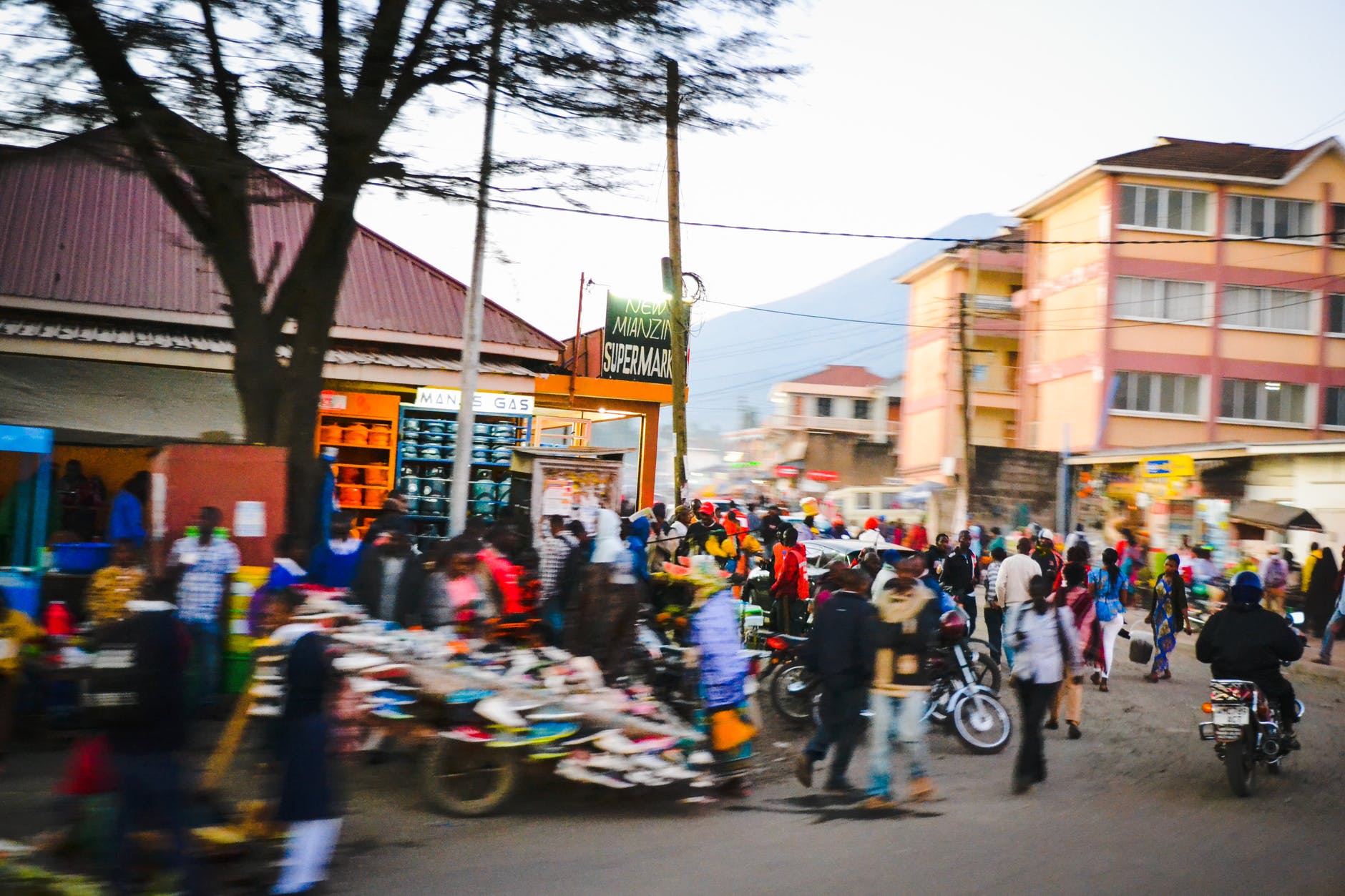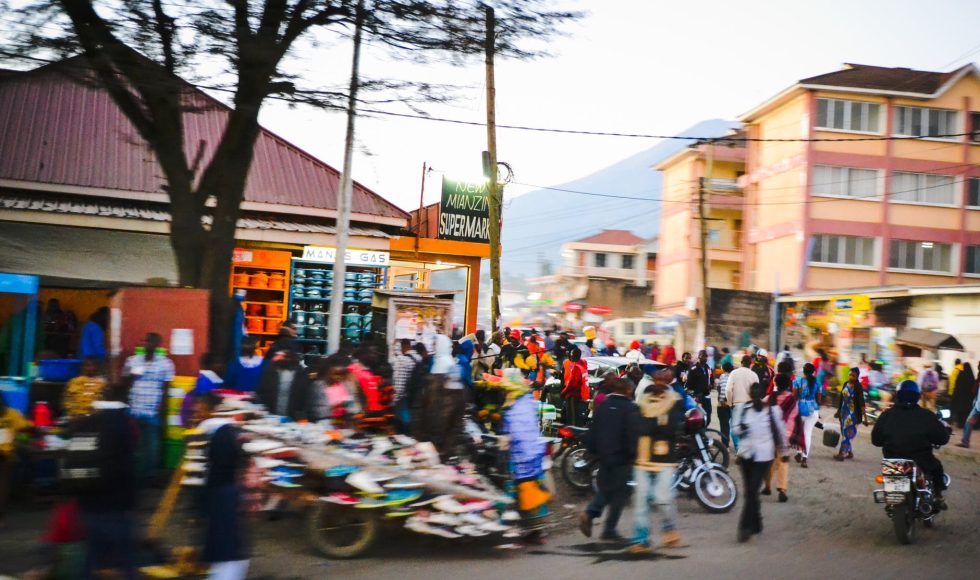Tonight we watched an ALT 2021 conference session entitled “Addressing structural inequities in an expanding digital world” by Femi Nzegwu, Joanna Wild, and Fiona Khandoker. Wild talked about the Transforming Employability for Social Change in East Africa (TESCEA) program. Technology was used to enhance the workshops and provide virtual mentoring. Wild mentioned that since the beginning they had envisioned online components. Khandoker explained the Partnership for Enhanced and Blended Learning (PEBL) program that also includes training in pedagogy and open educational resources. Academics come together to work collaboratively. Wild described the modifications to their TEL program after COVID. They have identified three areas of inequity:
- Learning design and pedagogy. The teaching capacity and ability to adapt resources to this new world we live in.
- Feedback (quality) and assessment appropriateness.
- Student engagement and level of confidence to engage with peers.
Online assessments and ungrading are important topics to consider. Khandoker explained that some students are not happy with how they are participating for online courses. The quality of teaching materials is dependent on the capacity to adapt teaching resources to enable wider access. Quality assurance materials my require support from a dedicated assessment office. Khandoker talked about inequalities with respect to access to materials. This could be adequacy of student equipment, teaching equipment, support/underlying faculty, and learning materials, mentioned Khandoker.
Wild shard the following recommendations:
- need for investment in infrastructure
- more involvement of regulatory bodies
- incentivizing development and sharing of teaching materials (OERs)
- capacity development at the individual level
Wild ended by speaking about the benefits that TEL has offered higher education in East Africa. This was/is a challenging project!



